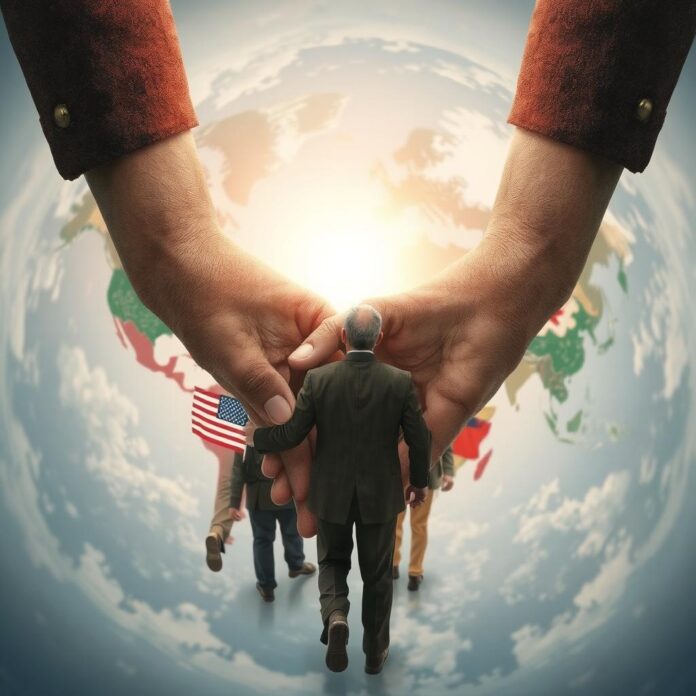Less than a month ago, we lost Joseph S. Nye Jr., one of the most influential thinkers and theorists of the present era, an outstanding professor at Harvard University, former U.S. Assistant Secretary of Defense, and, most importantly, the creator of the concept of soft power, which we will elaborate in the following text.
“Culture is a form of power. It is an instrument of domination, but also a possibility for resistance.”
(Edward Said, Culture and Imperialism, 1993)
What exactly is soft power? Can you imagine coming home after a long day at work, playing an episode of Friends on your Apple device, and opening a can of cold Coca-Cola? Or perhaps eating sushi while watching your favorite anime series? Scenarios like these are not only easy to imagine, but they have likely become part of everyday routine for many people who are not citizens of the U.S. or Japan. In doing so, they are under the direct influence of the soft power of these countries.
Besides cultural aspects, soft power can also have political or ideological components. Today, explicit examples of political soft power can be topics like environmentalsm and global warming, on which, countries such as Sweden and Germany, actively insist.
When we think of prestigious education, the first that come to mind are British universities like Oxford or Cambridge. If we pursue subject of art, Paris has undoubtedly been a world center for decades.
These are just some of the strategies in which countries around the world extend and promote their power. Non-violently, non-invasively, but quietly and longstanding.
That is an genuine definition of the term – soft power, or, in the words of its creator: “Soft power is the ability to get what you want through attraction rather than coercion or payment.” (Soft Power: The Means to Success in World Politics, 2004).
This relatively recent term (that first appear in the 1990s) has had an enormous impact on modern international relations and, as such, has become an essential component of current political analysis.
By introducing its contrary idiom, hard power, we can more easily understand the essence of this modern principle.
Hard power entails everything that typically comes to mind when thinking about politics up until the end of the Cold War. It involves the direct use of military force and intervention, economic pressure and sanctions, conditionality and threats—in short, the use of a system of coercion and reward:
“Hard power can rest on rewards (‘carrots’) or threats (‘sticks’).”
(Joseph S. Nye Jr., Soft Power: The Means to Success in World Politics)
By the end of the Cold War, power balance in the world had changed significantly. Besides the United States and Russia, numerous new global competitors appeared. Actors in international relations now include international organizations, various institutions, and corporations, making the use of hard power significantly more difficult, as the targets of coercion would no longer be states.
In 2012, the consulting firm Ernst & Young developed 13 parameters for evaluating a country’s soft power, which they divided into three categories: global image, global integrity, and global integration.
The first category includes areas related to data on culture, arts, the number of Olympic medals won, the number of visitors to the country, and the number and ranking of celebrities, among others.
The second focuses on issues concerning the relation between the government, the law, and the citizens of a country. It addresses the level of freedom, rule of law, voter turnout, and overall government effectiveness.
The third variable deals with a country’s level of integration in the global arena.
“Teach people to depend on you.”
(Robert Greene, The 48 Laws of Power)
Does soft power appear to be an ideal solution simply because it stands in opposition to repression, war, and the bloodshed we’ve witnessed or learned about through history? Certainly, its persuasive tone and the global shift from hard to soft power give the impression of positive change, peace, and better times. However, we must remain cautious and aware of the risks it carries.
Above all, it can lead to the suppression and abandonment of domestic or local culture and values, which can, in turn, provoke civil resistance to these new influences—ultimately resulting in national destabilization.
Furthermore, one of the key dangers of soft power is manipulation, or more precisely, a hidden intent to control the citizens of another nation.
What aims for hegemony is often initially presented as well-meaning and benign.
Tamara Ocel
29.05.2025.













